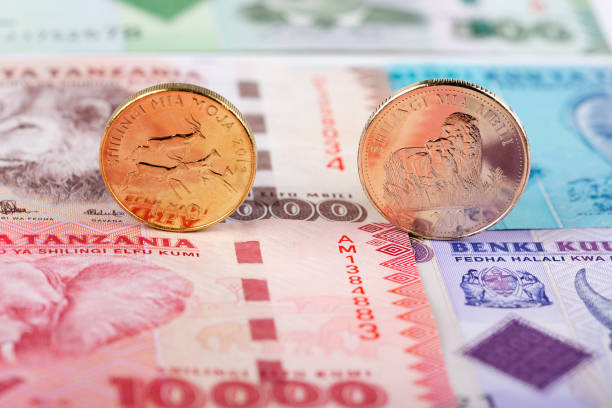Rwanda bans use of foreign currency in local trade

What you need to know:
- The National Bank of Rwanda (NBR) said it will impose hefty fines on businesses and individuals who quote prices, issue invoices, or conduct sales in foreign currencies
Dar es Salaam. Rwanda has announced strict new regulations banning the use of foreign currencies—including the US dollar—in local transactions, joining a growing number of African countries, including Tanzania, that are cracking down on the informal dollarization of their economies.
The National Bank of Rwanda (NBR) said it will impose hefty fines on businesses and individuals who quote prices, issue invoices, or conduct sales in foreign currencies without formal authorization.
The measures aim to reinforce the use of the Rwandan franc, improve monetary policy effectiveness, and curb economic distortions caused by the widespread use of foreign currencies in domestic markets.
“Quoting or transacting in foreign currency without prior approval undermines the national currency, weakens the central bank’s control over inflation, and distorts fair pricing,” the NBR said in a statement.
The ban covers all local transactions, including displaying prices in US dollars on websites, issuing invoices in foreign currencies to Rwandan customers, or referencing foreign currency values during domestic negotiations.
Violations will attract a fine of Rwf 5 million (approx. Tsh12.5 million) for the first offence and Rwf 10 million (approx. Tsh25 million) for repeat violations.
However, exceptions have been made for import and export-related transactions, and for certain sectors—such as hotels, duty-free shops, international schools, casinos, and tour agencies—when dealing with non-resident customers.
Rwanda’s currency law mirrors efforts taken by Tanzania in May 2025, when the Bank of Tanzania (BoT) reaffirmed the country’s ban on the use of foreign currencies in local transactions.
BoT reminded the public that all goods and services within Tanzania must be priced and paid for in Tanzanian shillings.
Like Rwanda, Tanzania made exceptions for international trade, tourism-related services dealing with non-residents, and approved foreign exchange bureaus.
The policy is part of a broader regional trend aimed at safeguarding currency sovereignty, enhancing monetary policy transmission, and building investor confidence in domestic currencies.
BoT warned that quoting prices in US dollars or other foreign currencies within Tanzania can lead to enforcement action, including fines and the revocation of business licenses.
The move by Rwanda and Tanzania reflects a wider continental shift. In Nigeria, the Senate introduced a bill last year seeking to ban the use of foreign currencies in domestic transactions. The legislation, still under consideration, aims to promote the naira and eliminate discriminatory practices where foreign currency is preferred over the local currency.
Analysts say these moves are especially critical for countries positioning themselves as regional financial and trade hubs. By curbing informal dollarization, central banks can more effectively stabilize inflation, manage interest rates, and ensure fair competition across sectors.





